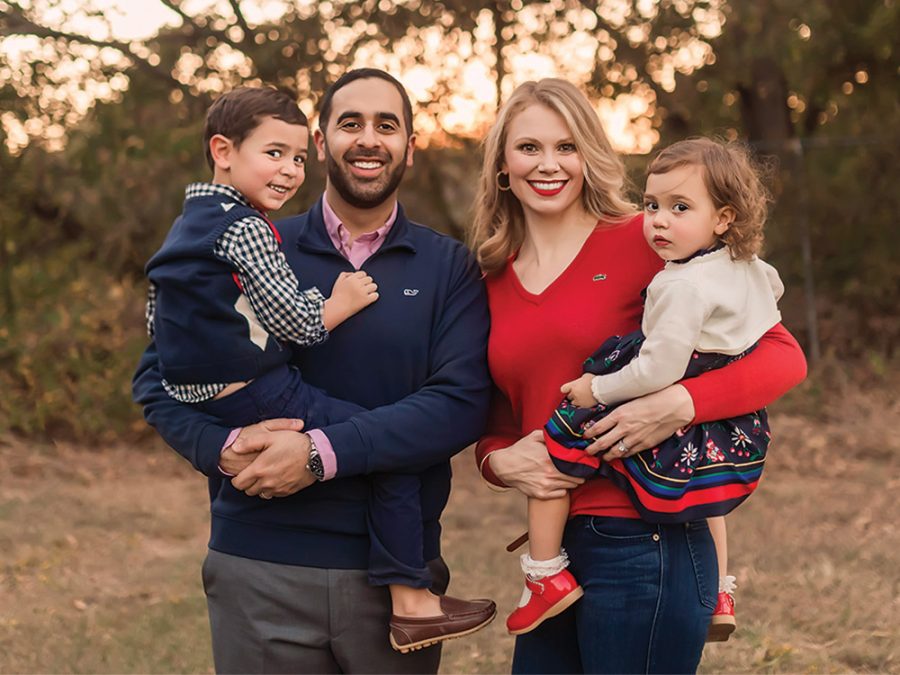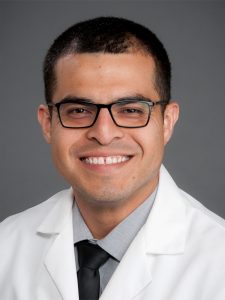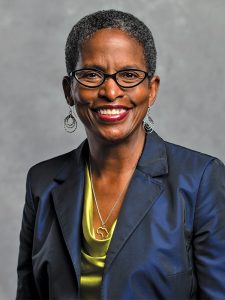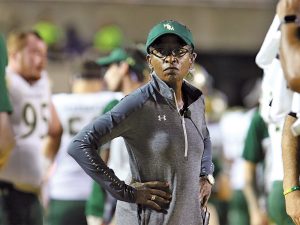Hundreds of Austin College alumni work in the medical profession,
delivering care in varying specialties all over the world.
 Dr. Tamir Anver, D.D.S. ’08
Dr. Tamir Anver, D.D.S. ’08
Oral & Maxillofacial Surgeon
Texas Center for Oral Surgery and Dental Implants
Denton, Texas
As an oral surgeon, my 10 years of post-graduate training, which included dental school, medical school, and a surgical residency, provided me with a unique skill set that allows me to manage complex cases and compromised patients. That experience moved to a whole new level in spring 2020, when conventional health care was shut down and dental offices were permitted only to see emergencies. Most of the practices in the area did not feel comfortable handling even emergencies due to the uncertainty surrounding COVID-19 and the lack of appropriate PPE, but those concerns didn’t do away with the patients who genuinely needed help. Many of them ended up in my office, but with the support of my family, and the mission of service rooted in me from my Islamic faith, I experienced exactly zero days of shutdown. I firmly believe that my daily prayers for the safety of my family, my staff, and my patients allow us to stay focused on helping patients during a frightening and uncertain time.
 Dr. Edgar Araiza, M.D. ’07
Dr. Edgar Araiza, M.D. ’07
Orthopedic Trauma Surgeon
Methodist Dallas Medical Center
Dallas, Texas
The first weeks of the pandemic, not all trauma patients were tested for COVID-19 as they were presenting to the hospital for their accidents. We operated on patients for six weeks without knowing the amount of personal exposure. After we started testing and recognized how prevalent the disease was in the community, we began reusing our respirator masks in order to save PPE for our cases. We have increased our stockpile of PPE, but the initial weeks were scarce. Now, you will get urgent/emergent care to stabilize and save you, regardless of the COVID-19 status. But, if you are positive for COVID, there can be a delay of 10 to 21 days depending on your symptoms and overall health.
Austin College prepares you for worldwide pandemics by exposing you to the world … and teaching you the importance of multiple points of view, research, training, and cooperation required to address modern dilemmas. Austin College pushes you to not live in a bubble that does not exist.
See Doctors on the Front Lines for more alumni feedback on how COVID-19 has
affected their work in all kinds of medical settings. Thanks to all who responded.
 Dr. Virginia Wells, M.D. ’81
Dr. Virginia Wells, M.D. ’81
Chief Medical Officer, Director of Medical Services | Team Physician
William & Mary University
Williamsburg, Virginia
Serving on the W&M Public Health Advisory Committee required me to use the evaluative and analytical skills fostered in the Arts. Tackling the COVID response required both critical and creative thinking—skills I believe my education at Austin College afforded me.
 The COVID restrictions have been an adjustment for the student-athletes as they are accustomed to spending time together outside of practice. Because they were unable to gather socially, it was difficult for the older students to mentor the incoming student-athletes. Additionally, the adjustment to practicing and training in masks was difficult as we had to try several different brands to find one that was comfortable and allowed the players to breathe when the intensity of practice was elevated. The uncomfortable nasal swab COVID testing was not a favorite activity for the William & Mary student-athletes; however, our success with low prevalence of infection after nine weeks of training helped to reinforce the notion that all these mitigation efforts were worth it.
The COVID restrictions have been an adjustment for the student-athletes as they are accustomed to spending time together outside of practice. Because they were unable to gather socially, it was difficult for the older students to mentor the incoming student-athletes. Additionally, the adjustment to practicing and training in masks was difficult as we had to try several different brands to find one that was comfortable and allowed the players to breathe when the intensity of practice was elevated. The uncomfortable nasal swab COVID testing was not a favorite activity for the William & Mary student-athletes; however, our success with low prevalence of infection after nine weeks of training helped to reinforce the notion that all these mitigation efforts were worth it.
 Dr. Linya Yang, M.D. ’00
Dr. Linya Yang, M.D. ’00
Family Medicine Physician
Beth Israel Lahey Health
Boston, Massachusetts
Working as a physician during COVID-19 has been a challenge but an overall learning and rewarding experience. As a family medicine physician at a large Boston hospital, I went from seeing patients in my office to mostly telemedicine within two days. These visits have been interesting as they bring me into my patients’ homes and vice versa. I have to be creative with how I do a physical exam as I tell and/or show a patient what to do which, I believe, creates a partnership in care. My experiences have allowed me to focus more on the patients’ words, especially when discussing mental health concerns or patient fears with COVID-19.
Being able to care for my patients and others during the COVID-19 pandemic has reinforced why I decided to go into medicine. While I will admit there were times when I was afraid and worried that my staff, family, or I would become ill with COVID-19, even with taking all precautions, I would not trade my experiences from the past several months.
